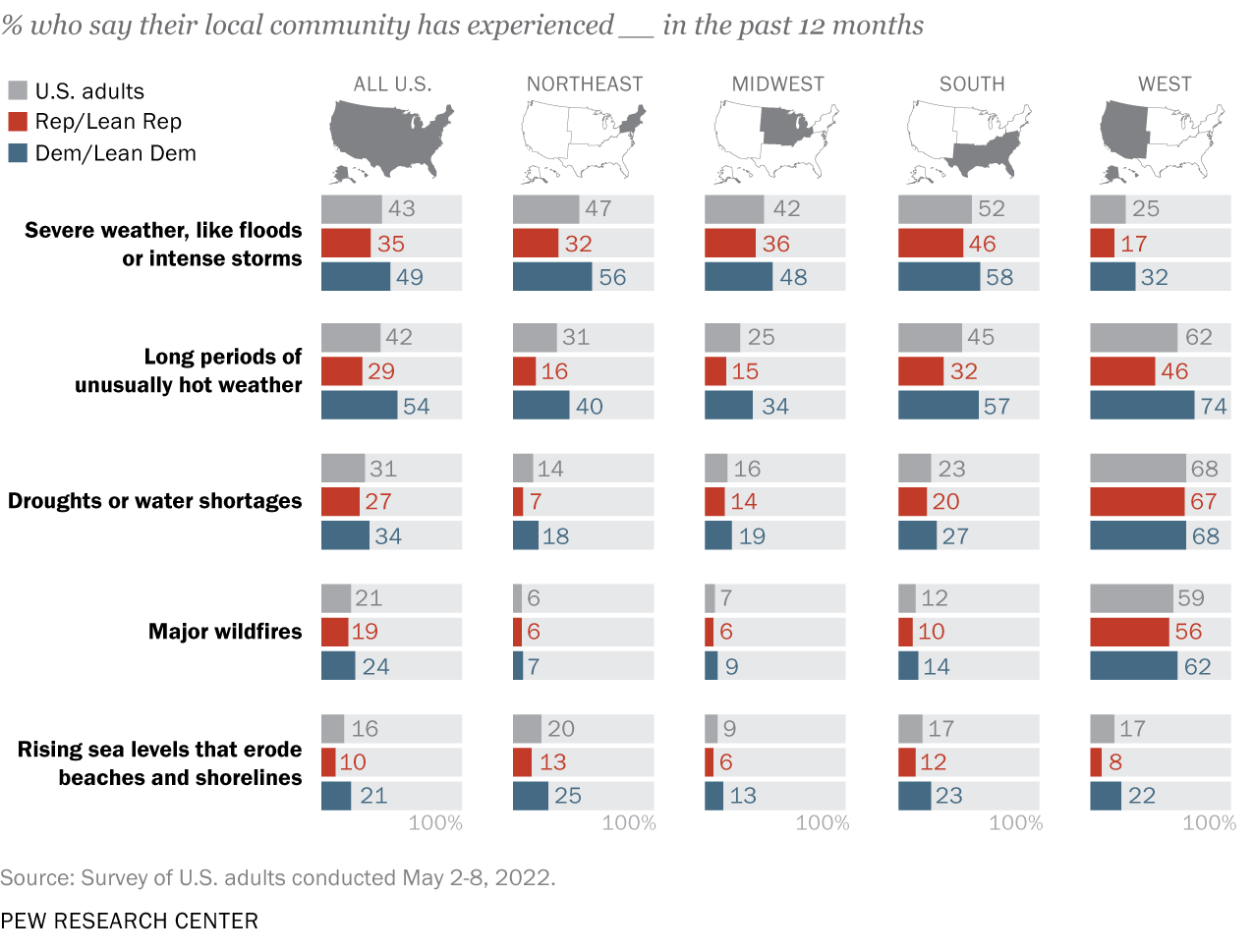The weekend is here! Pour yourself a mug of Volcanica coffee, grab a seat on the aisle, and get ready for our longer-form weekend reads:
• An economist studied popular finance tips. Some might be leading you astray: Thinkfluencers versus economists: Economists may know a lot about how people should act. But, as an empirically minded behavioral economists, we recognize that people don’t act this way. And that’s where the popular authors win. (NPR)
• Can Mike Novogratz’s Comeback Narrative Survive the Crypto Crash? The Wall Street vet has a tattoo of the coin that started the downturn. He says it keeps him humble. (Institutional Investor) see also nterview: Vitalik Buterin, creator of Ethereum In which we talk about the big shifts in crypto. (Noahpinion)
• The Attention Span. “Where Do Ideas Come From?” Last year I read a claim that “imagination” was arguably humanity’s greatest gift. That it was essential to success, not just in the arts, but science, business strategy and investing. I didn’t really understand what that meant, so I spent a few months learning more. Here are some of the most interesting things I found. (KCP Group)
• Your Career Is Just One-Eighth of Your Life: Five pieces of career advice, shaped by economics, psychology, and a little bit of existential math. (The Atlantic)
• A Prehistory of Social Media: The standard account of internet history took shape in the early 1990s, as a mixture of commercial online services, university networks, and local community networks mutated into something bigger, more commercial, and more accessible to the general public. As hype began to build around the “information superhighway,” people wanted a backstory. (Issues in Science and Technology)
• A Good Memory or a Bad One? One Brain Molecule Decides. When the brain encodes memories as positive or negative, one molecule determines which way they will go. (Quanta Magazine)
• The super-rich ‘preppers’ planning to save themselves from the apocalypse: Tech billionaires are buying up luxurious bunkers and hiring military security to survive a societal collapse they helped create, but like everything they do, it has unintended consequences. (The Guardian) see also The Death Cheaters: The members of Longevity House are united by two things: a willingness to hand over $100,000 and a burning desire to live forever. Inside the weird world of cryotherapy, biocharging and fecal transplants (Toronto Life)
• History by numbers: Is history a matter of individual agency and action, or of finding and quantifying underpinning structures and patterns? (Aeon)
• How To Summon The Devil, And What To Do When He Shows Up: The Complex Historical Tradition of Spirit Conjuring Would Make For Even Better Art Than Its Simplified On-Screen Counterpart (Blood Knife)
• How Justin Tucker Became the Greatest Kicker in N.F.L. History: The confidence, persistence, and all-out obsession required to play the least understood position on the field. (New York Times)
Be sure to check out our Masters in Business next week with Kristen Bitterly Michell, Head of North America Investments for Citi Global Wealth. She is on various “Most Powerful Women in Finance lists” including American Banker, Crains Rising Stars in Banking & Finance 2020. Citi Global Wealth manages more than $800B in Client Assets, and North America accounts for about half of that business.
Most Americans who have faced extreme weather see a link to climate change

Source: Pew Research Center
Sign up for our reads-only mailing list here.
~~~
To learn how these reads are assembled each day, please see this.

